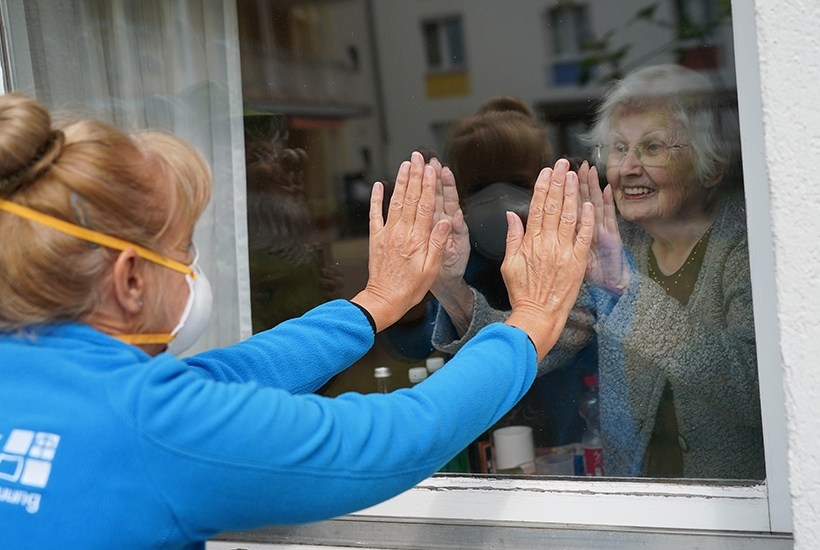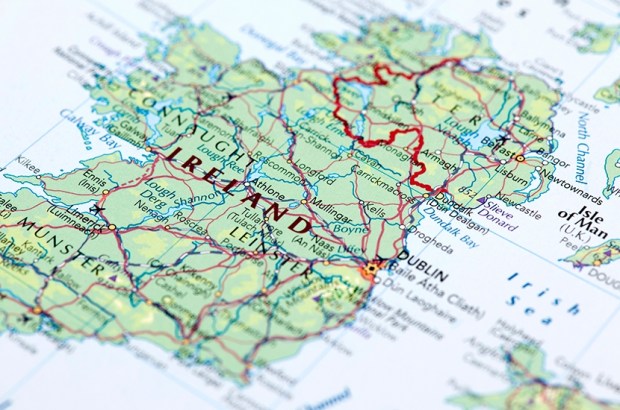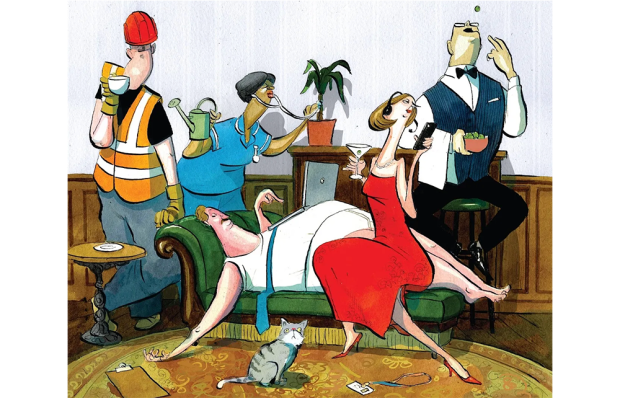The best way (and with politicians sometimes the only way) to know whether people are aware they’ve made a mistake is seldom to put that question point-blank. A reflexive ‘oh no I didn’t’ kicks in. Do you honestly think, for example, that government ministers are privately confident that as Covid-19 swept the country, hospitals were right to send elderly patients back untested to care homes, even with the limitations to our knowledge at the time? Of course not. But something stupid about British politics appears to constrain them from saying so. Possibly, before trying to persuade us, they have persuaded themselves they were justified; and we all do this to some degree. We spend too many of our sleepless small-hours almost persuading ourselves we did not misjudge things.
No, there’s only one way to outwit the defensive reflex. Never mind the past: ask instead whether a person is absolutely sure that next time similar circumstances arise, they will respond in the same way. You can tell at once, even if they find it hard to admit, when the honest answer is no. This (for instance) is how to get a former Blairite/Cameronite liberal interventionist to betray their doubts over whether the Iraq, Afghan and Libyan wars were wise. Though these people will always and stoutly insist they ‘did the right thing’ last time, few would actually do it again next time; and this they cannot hide. ‘I was right’ is somehow easier to say than ‘I’d do it again’. We are correspondingly disinclined to corner people into confessing past error so long as we’re confident it won’t be repeated.
The government’s emerging ideas for dealing with a ‘second wave’ of Covid-19 unwittingly reveal their private verdict on their response to the first wave. Still insisting they were right last time, they hint nevertheless that they won’t do it again.
We don’t know yet whether we do face a proper second wave: outbreaks may be limited to small localised ‘spikes’. But ministers wouldn’t be discussing publicly (and leaking privately) an ambitious set of entirely different ideas for dealing with a major new outbreak unless they were seriously contemplating that possibility. This time they’re talking about doing all they can to keep the economy going, while focusing restrictions on family gatherings and private socialising between households: activities with minimal impact on the economy. Further to that, they have even been talking about some kind of an age-based or infirmity-based lockdown, while releasing the young to work: ‘shielding the vulnerable’ as they call it — though ‘curfews for oldies and fatties’ might be a more candid description. In political circles the collective murmur is about ‘prioritising’ the economy and reopening schools (child-minding, that is, for workers’ children). The news and commentary media are taking the hint. We’re being softened up for a jobs-permissive, homes-restrictive and lock-up-grandpa response to any second wave.
And that’s a good thing. It’s what a few of us said the first time round, when the government’s response was to take a wrecking ball to the economy while promising people that the moment it was safe they could come out of their houses to socialise (but not to work). Most people are now socialising and pleasure–seeking pretty freely. Only a minority have returned to their workplace. It’s the wrong way round, and the government quietly realises as much.
Words like ‘emergency’, ‘disaster’ and ‘crisis’ spring so fast to every lip when a major health scare is under discussion. Human life, we know, is at stake. That human life is at stake in different ways when a national economy collapses is something we may theoretically acknowledge, but find hard to respond to emotionally as we should. But it is time for our politics and our media to ratchet up the vocabulary of crisis, the sense of staring into an abyss, when it comes to the middle-term as well as the shorter-term calamity Britain faces on jobs, careers, incomes and government coffers: a threat to the lives — in the fullest rather than just the medical sense — of so many of us.
To those who cared to think about it, this was clear from the start. Enough, though, of I told you so. Let’s think instead about what comes next. One could resolve the emerging new political thinking into three strands or stages: (1) most people back to work; (2) all children back to school; (3) the vulnerable minority shielded. There is little need to persuade ministers of this: they are getting there in their own heads, and in time may feel able to be more honest about it.
But there’s a fourth stage which those of us who believe in liberty should already be considering if our governors are later to be persuaded: voluntarism. Once we feel reasonably confident our medical provision is geared to handle surges in infection, why should we force the Covid-vulnerable to be shielded? Why not make sure they understand the risks, advise them gravely to protect themselves, offer any practical or financial help necessary, but leave to them the final decision? Old people are free to drink or smoke or eat themselves to death. People with underlying health issues are not required to lose weight, exercise, or take prescribed medication in order to avoid death or the severe risk of death. Alcoholics are not forced on to the wagon by law. Nobody, however frail, is obliged to have the winter flu jab. Many, many among the vulnerable do die, and always have, because they ignored wise and urgent medical advice.
Nor are the old or vulnerable more likely to infect others if they contract Covid-19: the heightened risk they do present is to themselves alone. Unless, therefore, there is an imminent danger of the collapse under pressure of our whole health service, where is the argument for forcing anyone to shield themselves against Covid-19? I simply fail to see this as a matter for the police. The time to make our case will come.
Got something to add? Join the discussion and comment below.
Get 10 issues for just $10
Subscribe to The Spectator Australia today for the next 10 magazine issues, plus full online access, for just $10.
You might disagree with half of it, but you’ll enjoy reading all of it. Try your first month for free, then just $2 a week for the remainder of your first year.















Comments
Don't miss out
Join the conversation with other Spectator Australia readers. Subscribe to leave a comment.
SUBSCRIBEAlready a subscriber? Log in